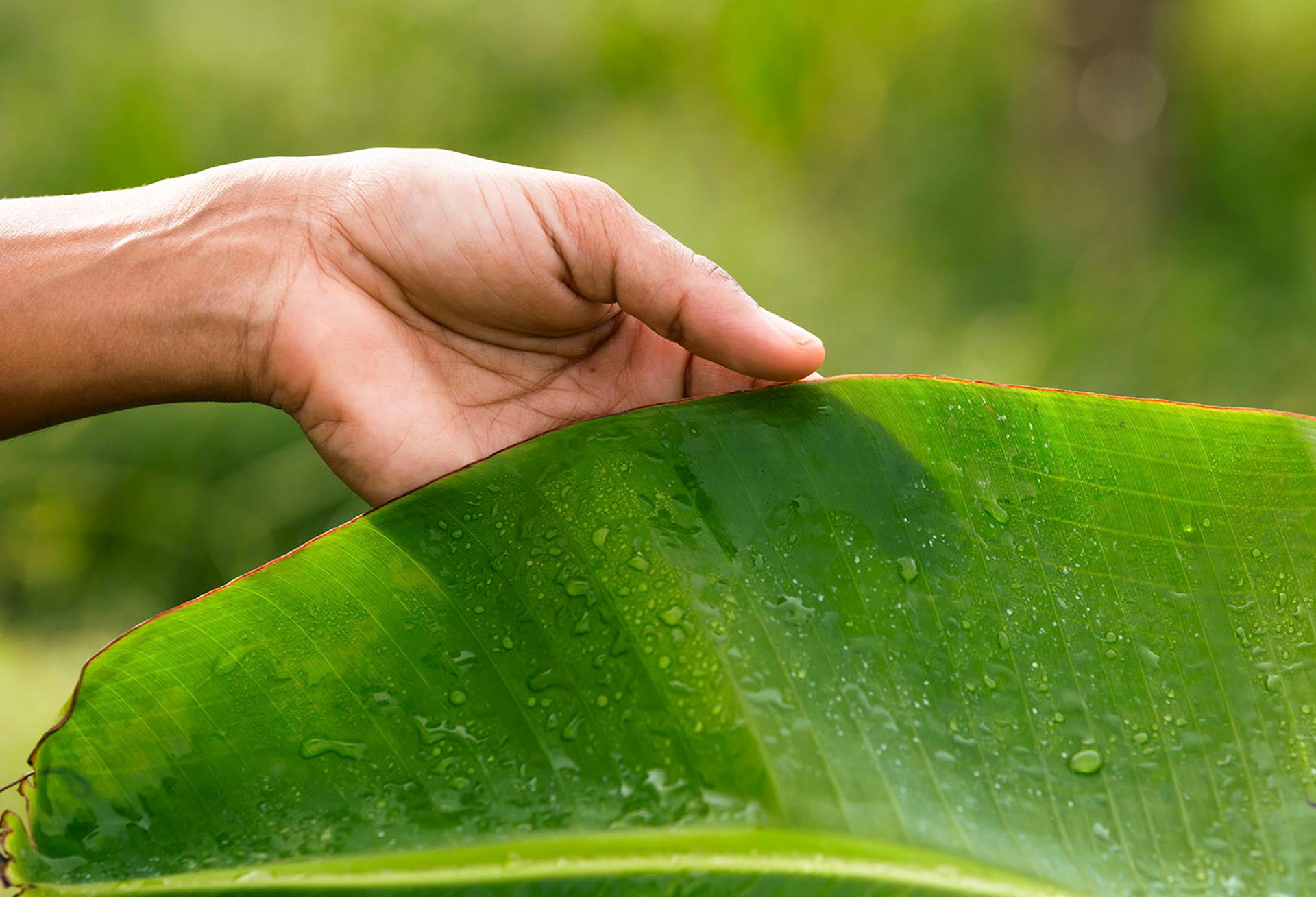Article
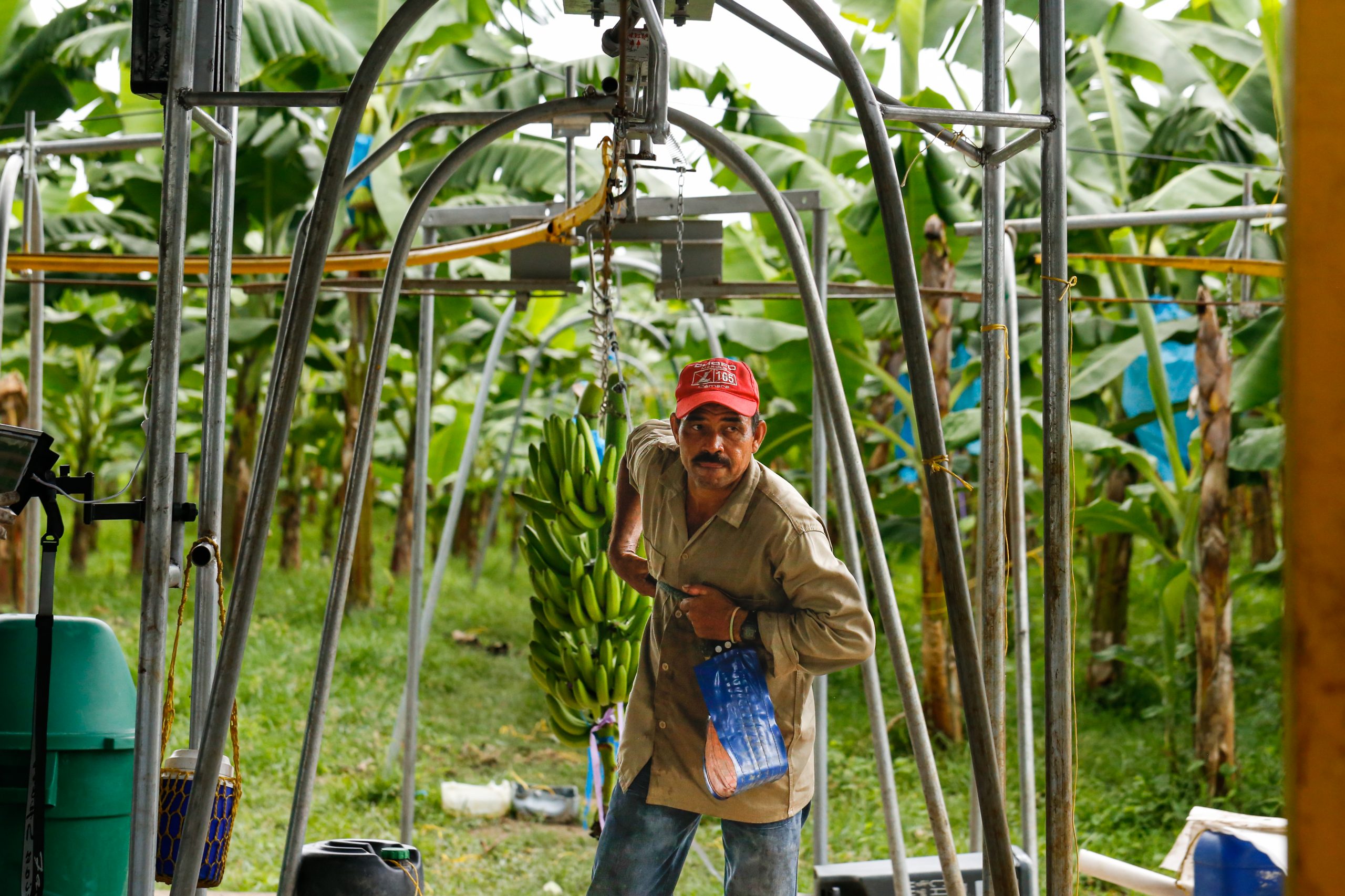
Eyal Maori, an accomplished scientist and entrepreneur, and Gilad Gershon, an experienced AgriTech entrepreneur and former Navy Ship Commander, co-founded Tropic in late 2016. They wanted to address the unique problems faced by farmers in tropical regions through cutting-edge genetic innovation. Using their combined expertise in AgriTech, they built an outstanding team to address some of the agricultural industry’s most complex challenges and raised over $80 million from leading AgriTech and Impact investors.
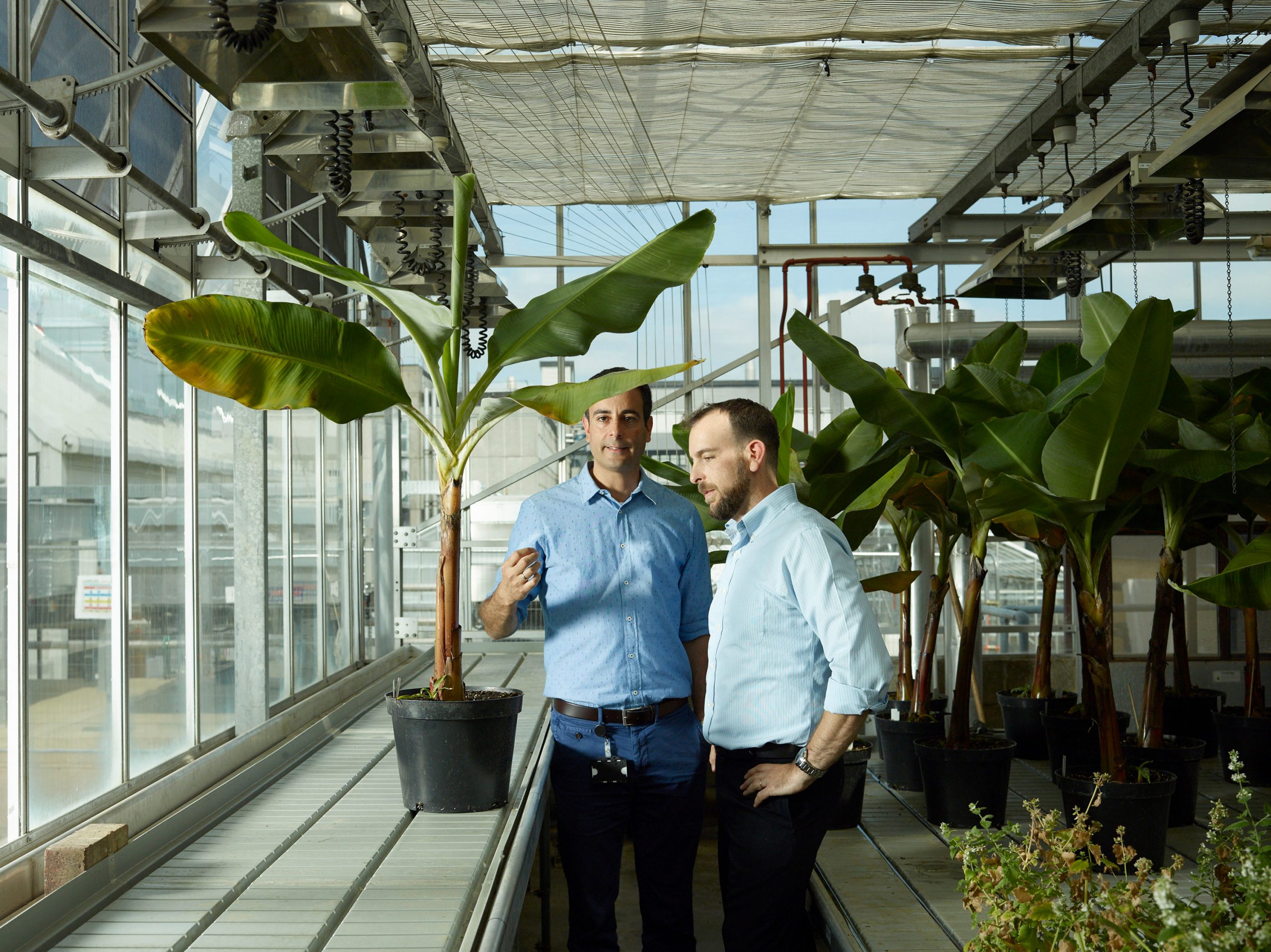

Mission
During the early days the team focused on coffee, the most consumed-drink after water and the main income source for over 125 million people. They worked on developing plant varieties with increased yield for soluble coffee production and natural low caffeine, aiming to reduce the chemical and energy intensive decaffeination process.
In 2017 Tropic expanded its expertise to work on crops that are a staple part of people’s diets. Bananas are the most eaten fruit across the globe and a critical source of livelihood for over 400 million people worldwide. Cristina Pignocchi, an experienced plant biologist and biotechnologist, was part of establishing the product pipelines for both coffee and banana. Under her guidance, the Banana Biotechnology team at Tropic use gene editing to increase banana yield, extend shelf-life and improve natural disease resistance. The result is a lot more bananas from a much more sustainable process. This includes less carbon emissions, less chemicals and less food waste, as well as lower costs and smaller areas of agricultural land needed for growers.
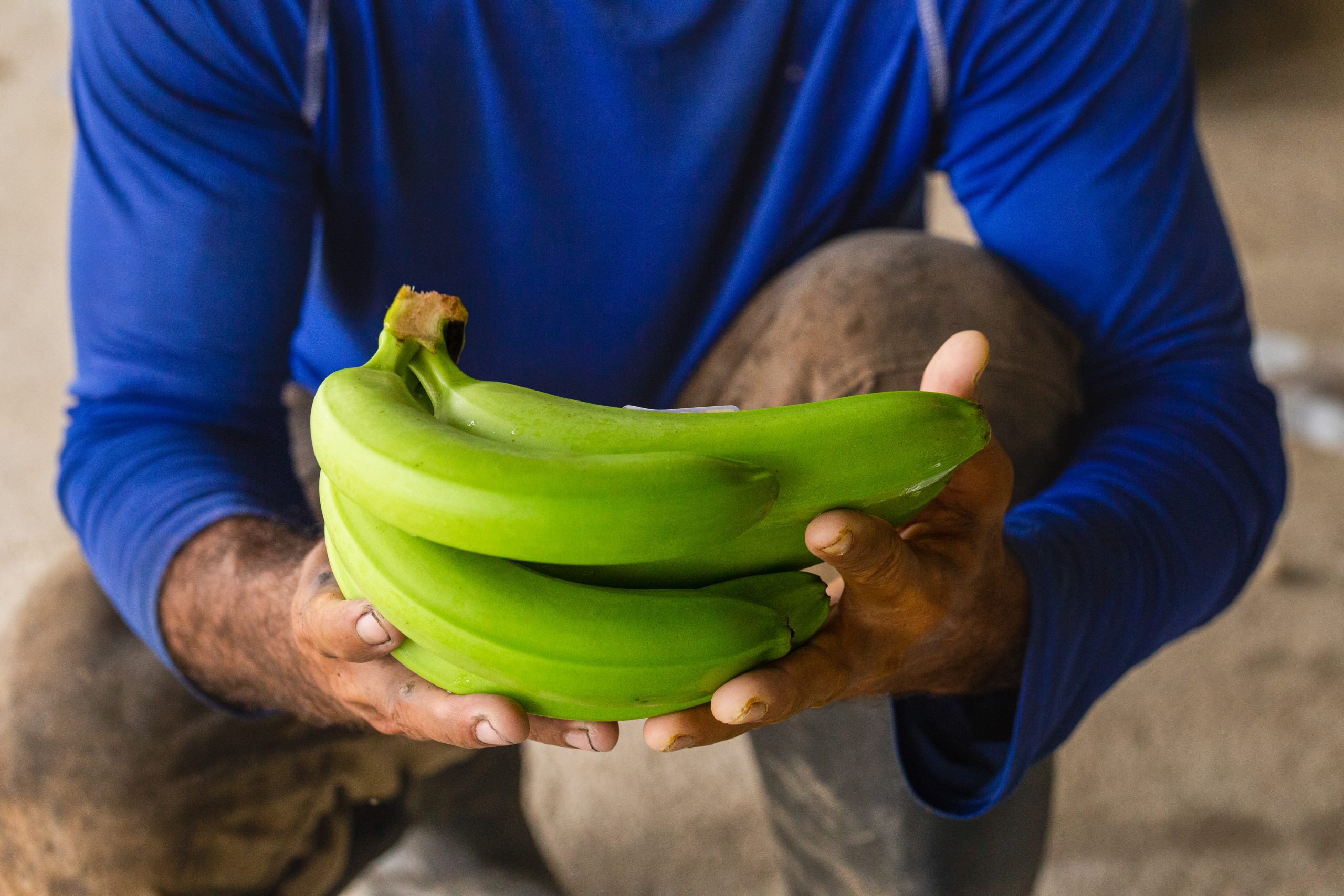

Rice, comprising almost 25% of global calorie consumption, stands at the forefront of the climate crisis. The escalating global temperatures, leading to diminished yields, underscore the critical role rice plays in the environmental challenges we face. Currently farmers have few options aside from using agrochemicals to deal with diseases and pests. Rice cultivation also produces around 10% of methane emissions worldwide. Since rice is grown in flooded fields, when oxygen levels deplete underwater, microbes that feed on organic matter emit large amounts of methane. We are aiming to increase rice yields and reduce greenhouse gas emissions. By using gene editing to create genetic resistance to diseases, we are aiming to reduce the need for chemical solutions, and make a positive impact on biodiversity.
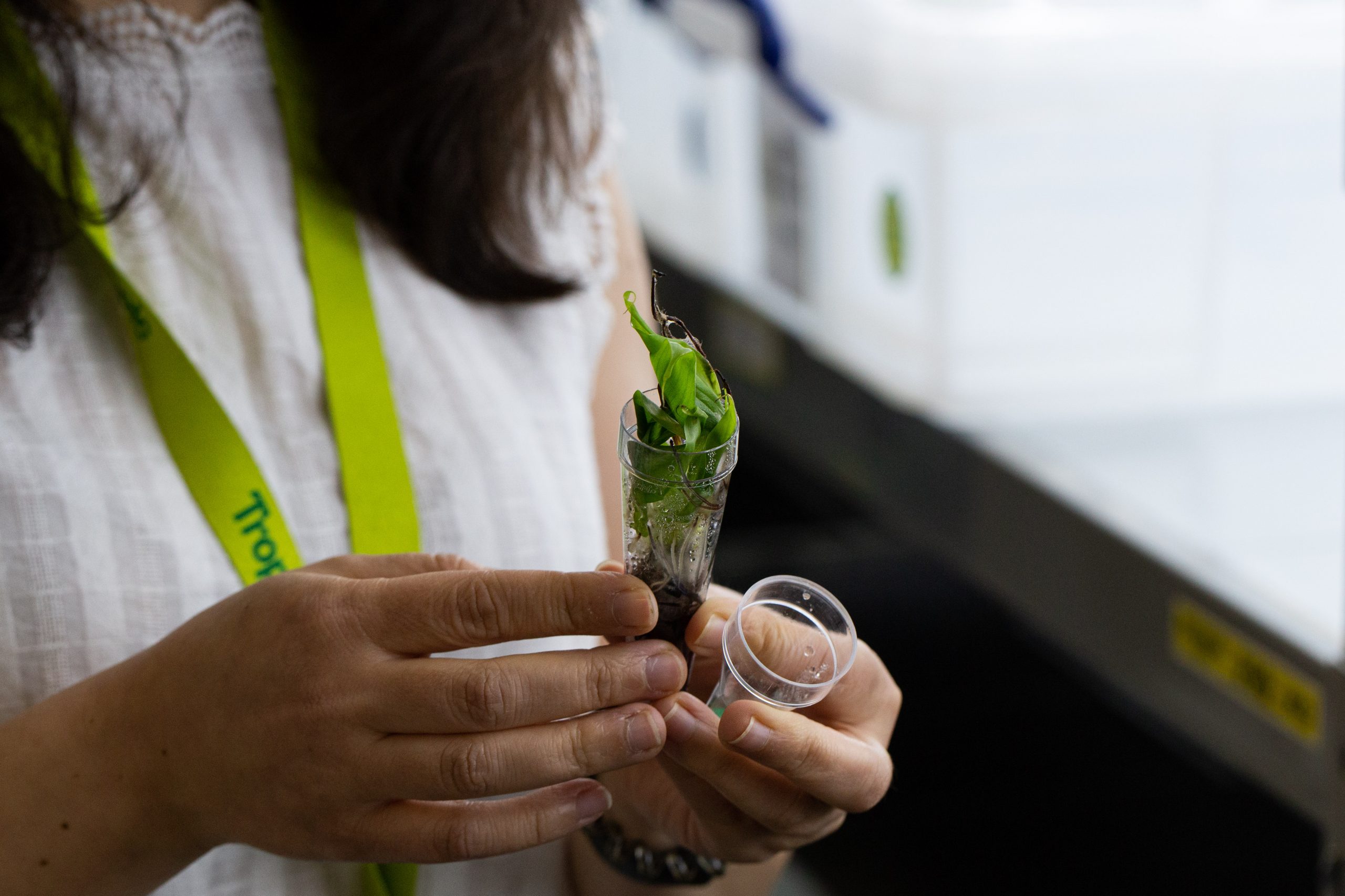

Journey
Sustainability is at the heart of Tropic’s core beliefs. The founders prioritised maintaining a positive impact on the ecosystems they operated in, steering clear of any initiatives that could be deemed harmful. They were committed to only making the changes that would have a clear and positive impact on people and the planet. Most processes had to be developed from scratch because there were limited resources available on banana genetics. Overcoming this hurdle was a blessing in disguise because the knowledge of editing banana genomes without foreign DNA integration has led to Tropic developing unique expertise, setting the company at the forefront of the industry and developing a number of proprietary tools.
Community
Today, Tropic is a 150+ people team who are all passionate about having a global impact. Gilad, as CEO, and Eyal, as CSO, have expanded their leadership team to include seasoned executive biotechnology leader Ofir Meir as CTO, accomplished commercial leader Jack Peart as CBO and experienced finance executive Jamie Warren as CFO. Tropic is based in Norwich, UK for its huge advantages, including access to cutting-edge technology and a strong talent pool of plant and molecular scientists. Richness and variety is as important to a workplace as it to the ecosystems our crops live in.
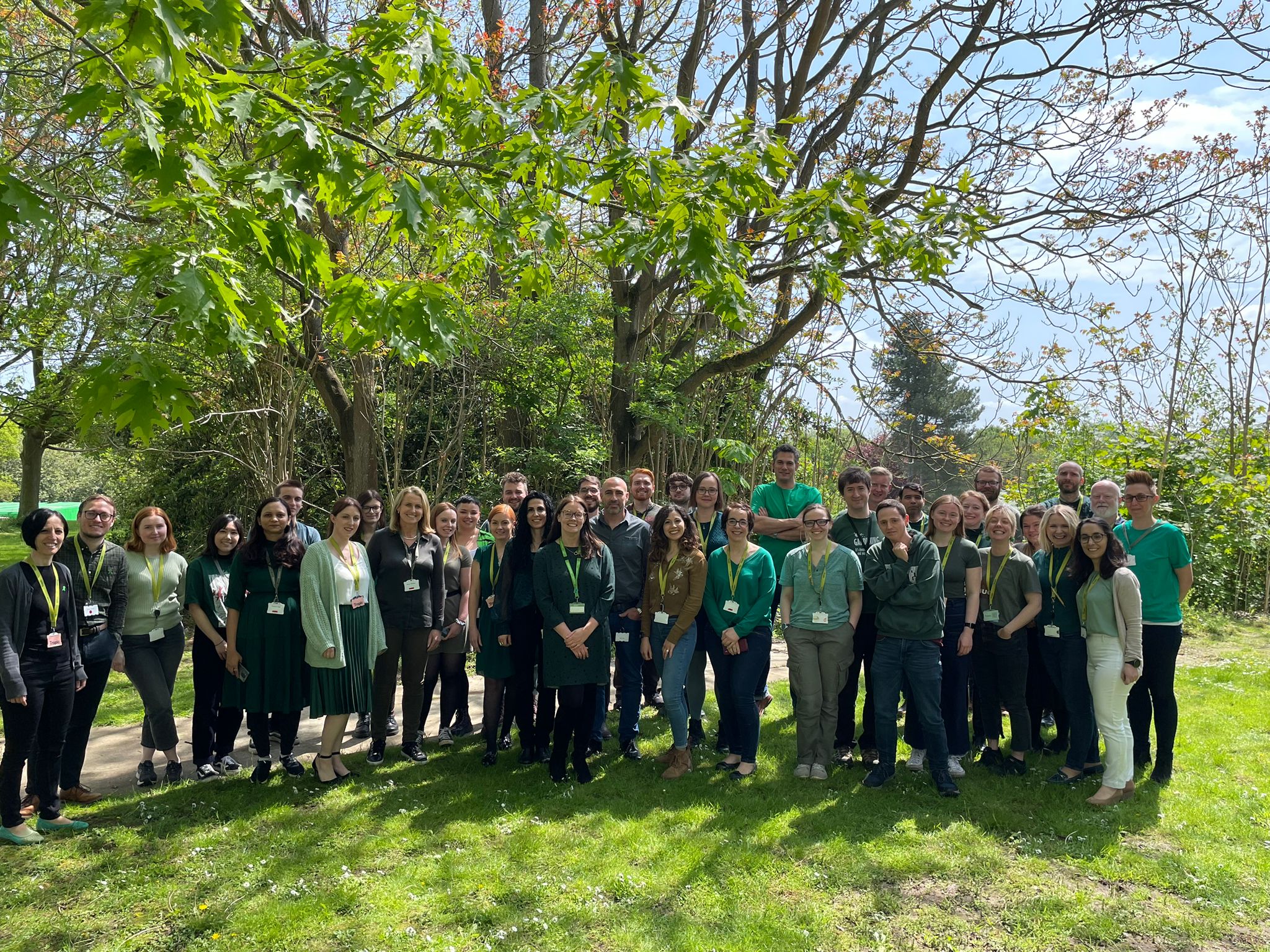

Our diverse workplace has allowed us to position ourselves for success that we’re seeing today - we are rewiring the system for global farmers to gain more worth for their work and so we have enough food to go round for generations to come.



